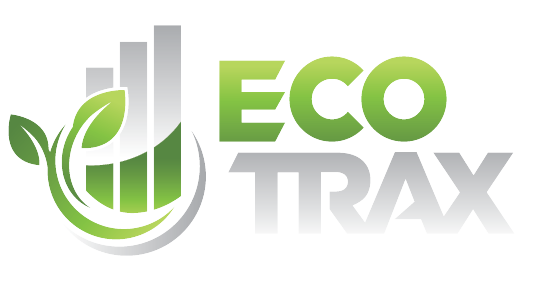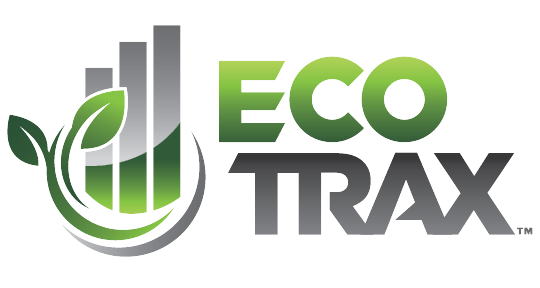Welcome to the ninth installment of our ten-part series on transitioning from the traditional linear supply chain to a zero-waste, fully circular, and ultimately net-zero-performing supply chain. This week, we focus on regulatory support and compliance—a critical aspect that businesses must navigate as they transition from linear to circular economies. Understanding the regulatory landscape and leveraging it for business advantage can transform compliance from a burden to a strategic asset.
The Regulatory Landscape: A Growing Challenge
The shift toward a circular economy has ushered in a wave of new regulations aimed at reducing waste, promoting recycling, and encouraging sustainable practices. Currently, thousands of companies are grappling with how to comply with a myriad of new laws and regulations related to this transition. From Extended Producer Responsibility (EPR) legislation in multiple states to emerging national and international standards, the regulatory environment is becoming increasingly complex—and costly.
Turning Compliance into a Competitive Advantage
Navigating these regulations is not just about meeting legal requirements—it’s an opportunity to gain a competitive edge. Here’s how:
1. Proactive Strategy: Offense and Defense
- A proactive approach to regulatory compliance is akin to playing chess at the highest levels. Just as a great chess player anticipates their opponent’s moves, businesses should anticipate regulatory changes and plan several steps ahead. This means not only reacting to current regulations but also preparing for future ones.
- Offensive Strategy: Integrate environmentally friendly packaging materials into new product introductions and prioritize “design for zero-waste” in your products and processes. By reducing single-use packaging and shifting to reusables or benign materials, you can position your company as a leader in sustainability and future-proof your operations against regulatory changes.
- Defensive Strategy: Develop a robust plan to manage single-use packaging within a recycling stream. Consider consumer education initiatives or gamification strategies to encourage recycling. Implementing a zero-waste program with clear milestones for achieving zero-waste certification can further reinforce your commitment to sustainability.
2. Leveraging EPR Legislation
- Five states currently mandate EPR for single-use packaging, with more likely to follow. This regulatory trend is already creating new cost centers for businesses. The costs associated with managing the full lifecycle of packaging materials are rising, and companies that do not adapt may find themselves facing significant financial burdens.
- Why not take action to offset these costs with a proactive strategy? By planning ahead and eliminating waste to landfills, your business can avoid sudden cost increases and maintain profitability while aligning with regulatory expectations.
3. Cost Savings and Revenue Generation
- Even in a challenging market environment, zero-waste strategies can reduce costs and increase revenue. Reducing landfill and transportation expenses while capturing value from recyclable materials can result in a net-zero budget impact. This approach not only complies with regulations but also enhances your bottom line—a clear win for stakeholders.
Preparing for the Future
The regulatory environment is evolving rapidly, and businesses must stay ahead of the curve. Planning for changes, such as the likely national adoption of EPR, will ensure your company is not caught off guard. By viewing regulatory compliance as an opportunity rather than a burden, you can turn potential challenges into competitive advantages.
As we approach the final installment of our series, we will provide a comprehensive framework for maintaining a circular model of supply chain materials management. This framework will help ensure that your business remains agile, compliant, and profitable in an ever-changing regulatory landscape.
Are you ready for what’s next? The cost of maintaining the status quo is rising, but with the right strategies, your business can thrive in the circular economy. Stay tuned as we conclude our series and equip you with the tools you need for long-term success in sustainable supply chain management.
About EcoTrax
EcoTrax is a technology-enabled supply chain solutions company focusing on a mission-critical yet under-resourced area of supply chains – the recyclables, reusables, and waste produced by distribution centers. Our purpose-built platform and team of industry experts deliver solutions that increase the value and sustainability performance of recyclables (pallets, OCC bales, plastics, food waste) while simplifying and modernizing the management of returnable containers (totes, pooled pallets, etc.). We digitally integrate and synchronize all internal stakeholders and external partners and automate workflow through a single platform. This single point of truth reveals real-time, actionable data and insights, reducing environmental impact while improving fiscal performance.


